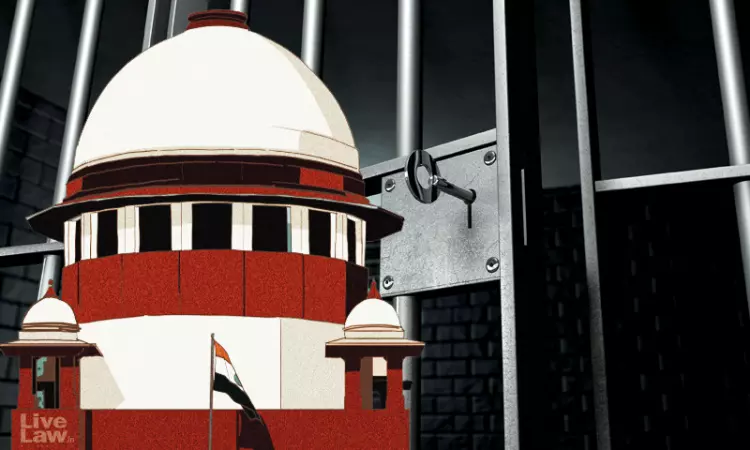Supreme Court Records SOP Suggested By Union Govt To Support Poor Prisoners
Gyanvi Khanna
23 Feb 2024 3:07 PM IST

Next Story
23 Feb 2024 3:07 PM IST
Recently, in a significant order, the Supreme Court has recorded a Standard Operating Procedure (SOP) to implement the scheme for support to poor prisoners. The Union proposed this procedure while the Court was ascertaining compliance with the directions in the landmark decision of Satender Kumar Antil vs Central Bureau Of Investigation. In the 2022 judgment in Satender Kumar Antil,...
